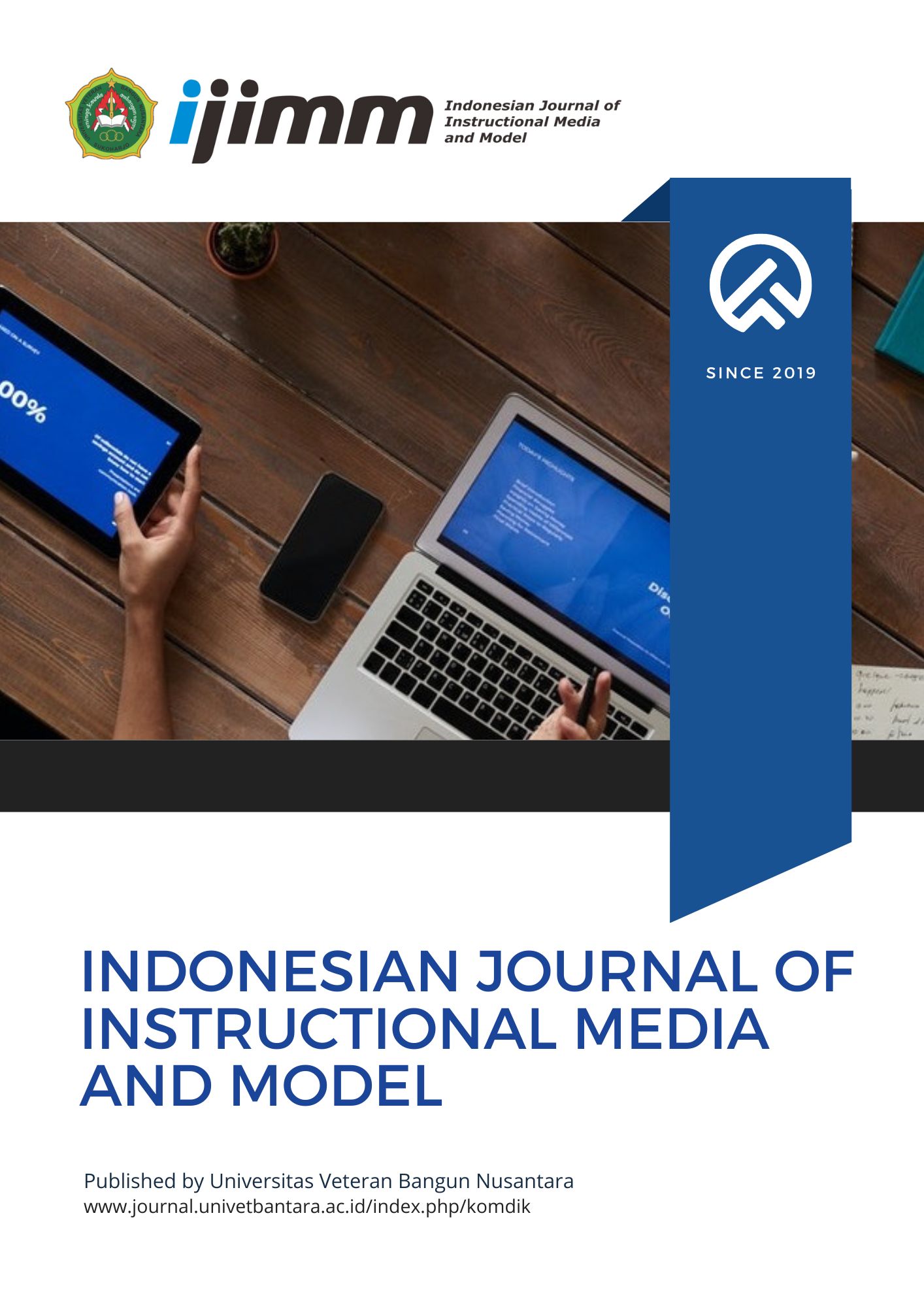Teachers' Perspectives on The Abolition of The National Exam: Navigating the Debate in Indonesia
DOI:
https://doi.org/10.32585/ijimm.v6i2.6027Abstract
This study explores how teachers perceive the abolition of the national exam and how the reform impacts their classroom practices in accordance with Michael Fullan's work on educational change and reform. This qualitative case study reports on data gathered via a semi-structured interview with Indonesian biology teachers, who have experience of the national exam. The findings show that teachers have complex and nuanced opinions about the abolition of the national exam. The results reveal that teachers hold nuanced perspectives on the abolition of the national exam, shaped by negative views of the exam, prior policy changes, and concerns about teaching practices. The results also highlight: (1) Teachers have embraced updated curriculum practices, broadening the scope of content, ensuring equal attention to all subjects, and moving away from intense exam-focused preparation; (2) They have adopted more flexible and diverse teaching strategies, allowing for greater use of experimental activities and fostering collaborative learning with students; and (3) The shift has encouraged teachers to reflect on and reconsider their pedagogical beliefs, prompting a deeper examination of the assumptions and frameworks that guide their teaching practices. These findings suggest that abolishing the national exam has not immediately led to radical changes but has had positive implications for classroom instruction.
Downloads
Downloads
Published
How to Cite
Issue
Section
License
Copyright (c) 2024 Sari Trisnaningsih, Jovita Ridhani

This work is licensed under a Creative Commons Attribution-ShareAlike 4.0 International License.
Authors who publish with the Indonesian Journal of Instructional Media and Model agree to the following terms:
- Authors retain copyright and grant the journal the right of first publication with the work simultaneously licensed under a Creative Commons Attribution License (CC BY-SA 4.0) that allows others to share the work with an acknowledgment of the work's authorship and initial publication in this journal.
- Authors are able to enter into separate, additional contractual arrangements for the non-exclusive distribution of the journal's published version of the work (e.g., post it to an institutional repository or publish it in a book), with an acknowledgment of its initial publication in this journal.
- Authors are permitted and encouraged to post their work online (e.g., in institutional repositories or on their website) prior to and during the submission process, as it can lead to productive exchanges, as well as earlier and greater citation of published work.





